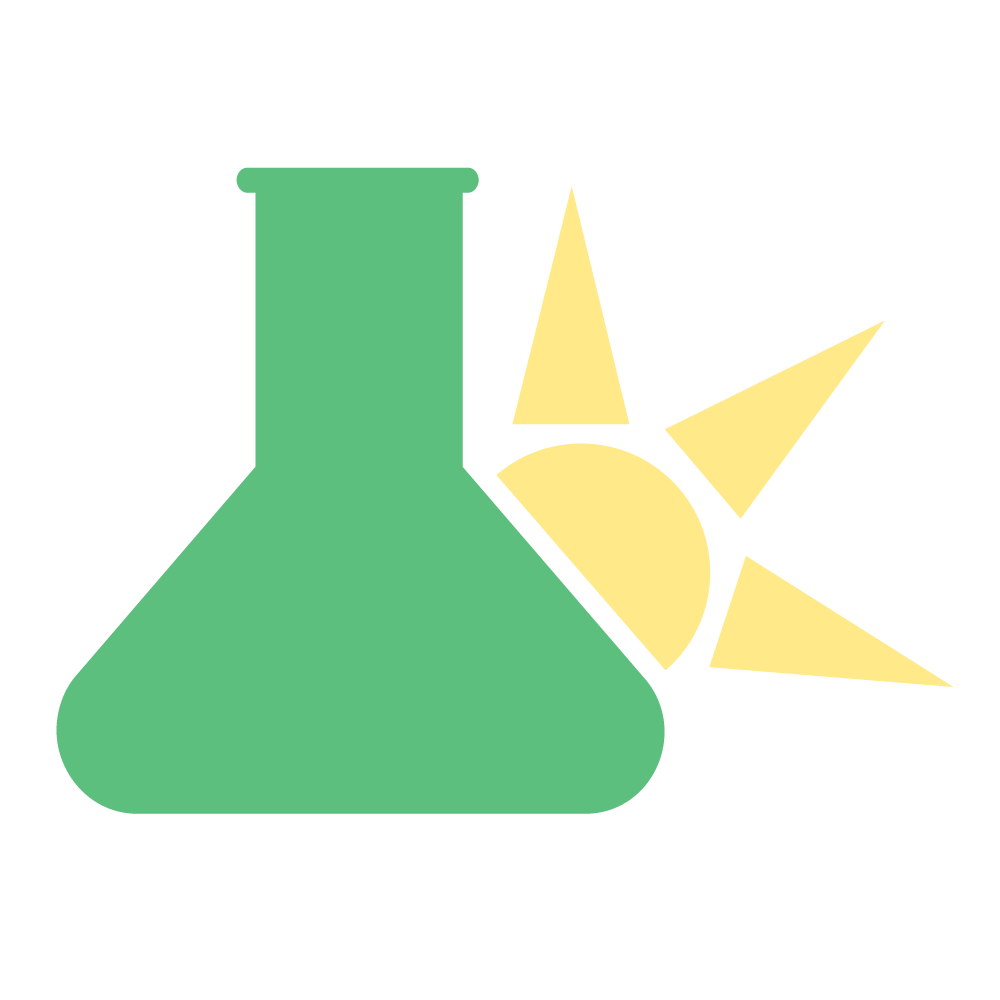Herbal Teas & Tisanes:
Flowering Teas:
These teas add extra visual enjoyment to the tea process. Different flowers, including amaranth, or jasmine, are bound together with tea buds (white or green), and dried. Once submerged in water, the flowers unravel, and rehydrate, revealing the beautiful flower and diffusing its flavour.
Tisanes:
Herbal teas are often referred to as tisanes and range drastically. Some use leaves, others flowers or fruit, and some even use barks or roots. Many provide flavour, as well as extra medicinal value. There is a lot of extra information on different herbal teas found elsewhere on this website. Some popular herbal tisanes include ginger, peppermint, lavender, and chamomile.
How to Brew Flowering & Herbal Teas:
Herbal teas can require many different styles of brewing to create the best flavour.
Herbs with high essential oil content should be brewed with lower temperatures, and covered to reduce the loss of this essential oil.
Other herbs with harder, woody textures such as reishi, tree barks, or seed pods will need to be brewed for longer and hotter.
Popular Herbal Teas
+ Chamomile Tea
Chamomile tea is a well known calming, sleep promoting herbal tea. It works by increasing the effectiveness of our brains main relaxation neurotransmitter known as GABA. Chamomile contains no caffeine, and is generally free from side effects (unless directly allergic). It makes for a delicious alternative to tea in the evening in order to prevent sleep disturbances induced from the caffeine content of green and black teas.
+ Hyssop Tea
Hyssop tea is not as common as many of the other teas on this list, but makes an enjoyable cup of non-caffeinated tea. It's a member of the mint family, and as such has a high essential oil content. Many people drink this tea when they are sick to help loosen the mucus in the lungs and speed up recovery. It was a favourite in ancient mediterranean cultures where it originated.
+ Lemon Myrtle
Lemon myrtle has a strong citrus flavour. It lacks caffeine, and offers soothing effects for sore throats. Many of the volatile compounds contained in the plant have antimicrobial benefits, making it a great choice for those suffering from colds and flus.
+ Peppermint Tea
Peppermint tea is a classic. It's non-caffeinated, and delicious. It makes for a great tea to drink after a heavy meal to eliminate bloating and gas.
+ Passionflower Tea
Passionflower originates from the Amazon rainforest. The leaves of the vine are made into a sweet and herby flavoured tea. Constituents in the leaves have MAO inhibitory activity, making it useful for anxiety, insomnia, and high levels of stress.
+ Rooibos Tea
Rooibos tea is likely the most popular herbal tea. It has a mild flavour that tends to adopt the flavours of other ingredients in the mix. For this reason, most rooibos tea is a blend involving other herbs as well. There is something for everyone when it comes to rooibos.
Rooibos tea also has many alleged health benefits, most likely stemming from its high antioxidant potential. It's caffeine free, and widely available.
+ Yerba Maté
Yerba maté is made from the leaves of a large South American tree. It's a popular, highly caffeinated tea, especially in South America. It's consumed with a special cup known as a maté, and a straw with a filter on the end (bombilla). Traditionally this was a drink for social gatherings where the maté would be shared among the group.
Yerba maté is highly antioxidant, and stimulating. Unlike coffee, the caffeine is well balanced by another alkaloid found in chocolate known as theobromine. The balance of these two alkaloids makes the effects of yerba maté more controlled than coffee. It promotes wakefulness without causing jitteriness or anxiety.

